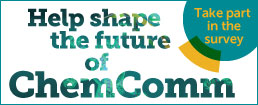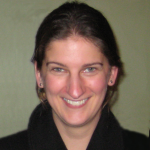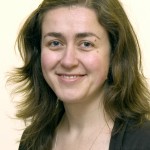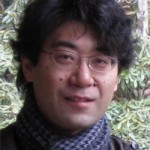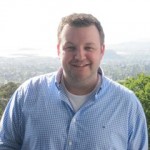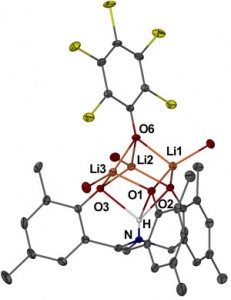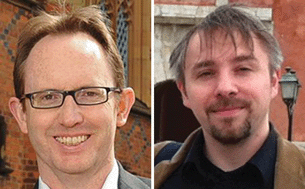We want to say a huge thank you to everyone who completed our recent survey to give us their feedback on ChemComm. We are delighted that we received over 1900 responses and we have now started to collate and analyze the results. So watch out for further updates and to see how your comments will help shape the future of this prestigious journal.
As the survey has now closed, so has our competition to win 5 of the latest Kindle Fires. The five lucky winners have now been notified and their prizes will soon be winging their way to them – one as far as Australia!
Don’t forget you can now download your favourite ChemComm articles directly to your Kindle – look out for the ![]() symbol on our website.
symbol on our website.
Anyone wishing to see a list of prize winners should contact us at chemcomm-rsc@rsc.org.











